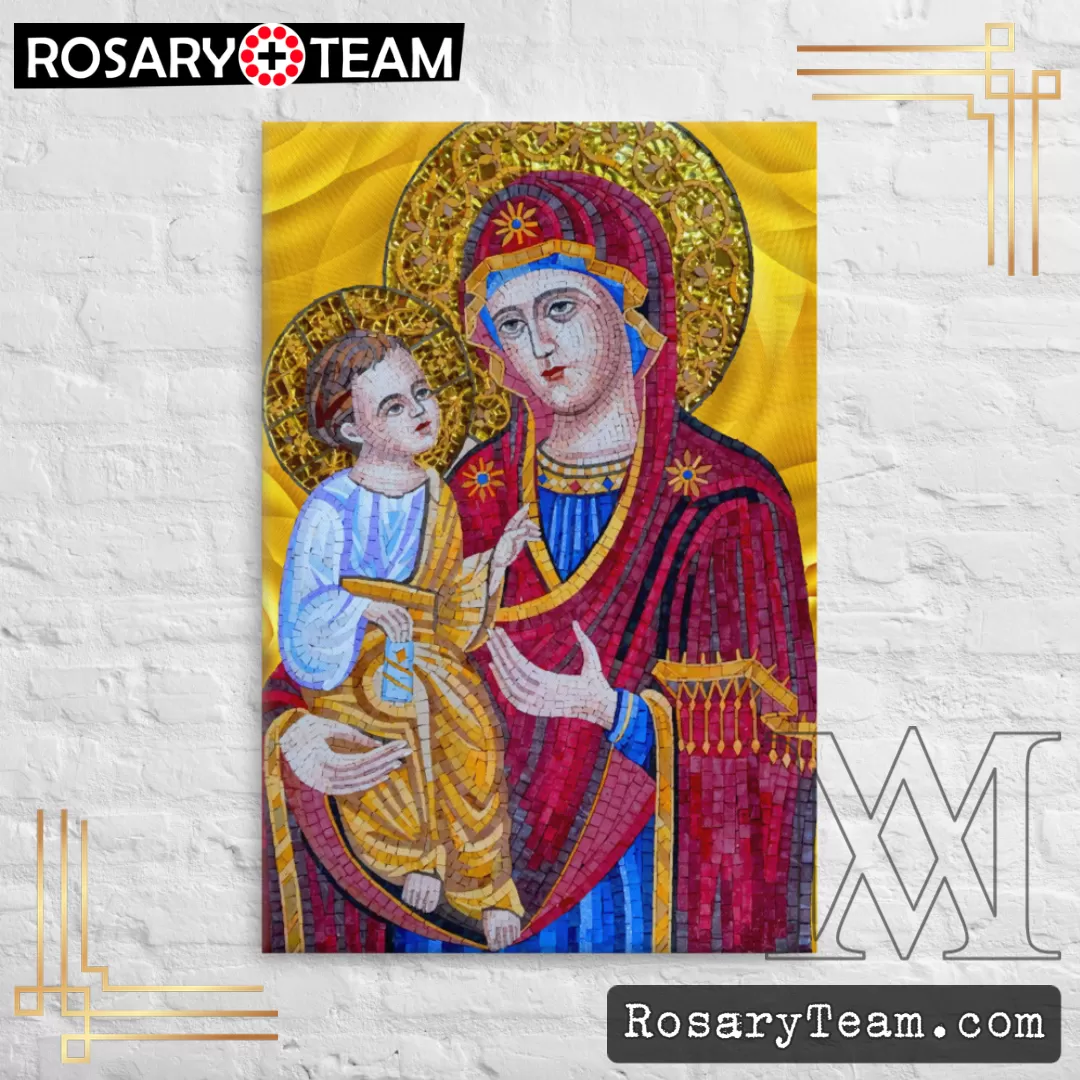Tuesday, August 29 : Origen

Let us admire John the Baptist above all because of the following testimony: “There is no man born of woman greater than John.” (Lk 7:28) Because of his merit, he was renowned for his virtue that many people thought he was the Christ (Lk 3:15). But there is still something that is far more admirable: Herod the tetrarch enjoyed royal power and was able to cause his death whenever he wanted. Now Herod had committed an unjust act that was contrary to the law of Moses by taking his brother’s wife. John was not afraid of him and did not look on the person, nor was he worried about his royal power or afraid of death… Without covering over all these dangers from himself, he reprimanded Herod with the freedom of the prophets and reproached him for his marriage. For this audacity, he was thrown into prison, but he was not worried about death or about a trial with an uncertain outcome; rather, in chains, his thoughts went to Christ, whom he had announced. Since John couldn’t go to Jesus himself, he sent his disciples to get information: “Are you ‘He who is to come’ or are we to expect someone else?” (Lk 7:19) Note that even in prison, John taught. Even in that place, he had disciples. Even in prison, John fulfilled his task as master and taught his disciples through conversations about God. Under these circumstances, the question concerning Jesus came up, and so John sent him some disciples… The disciples came back and told their master what the Savior had told them to proclaim. For John, this answer was a weapon in facing the combat. He died with assurance and let himself be beheaded with a big heart, assured by the word of the Lord himself that he in whom he believed really was the Son of God. John the Baptist’s freedom was so great, Herod’s madness was so great that to his many crimes he first added that of imprisoning John the Baptist and then he murdered him.
maronite readings – rosary,team















![Monday, January 13 : Saint Teresa Benedicta of the Cross [Edith Stein] Monday, January 13 : Saint Teresa Benedicta of the Cross [Edith Stein]](https://rosary.team/wp-content/uploads/2021/08/RT-30.jpg)
